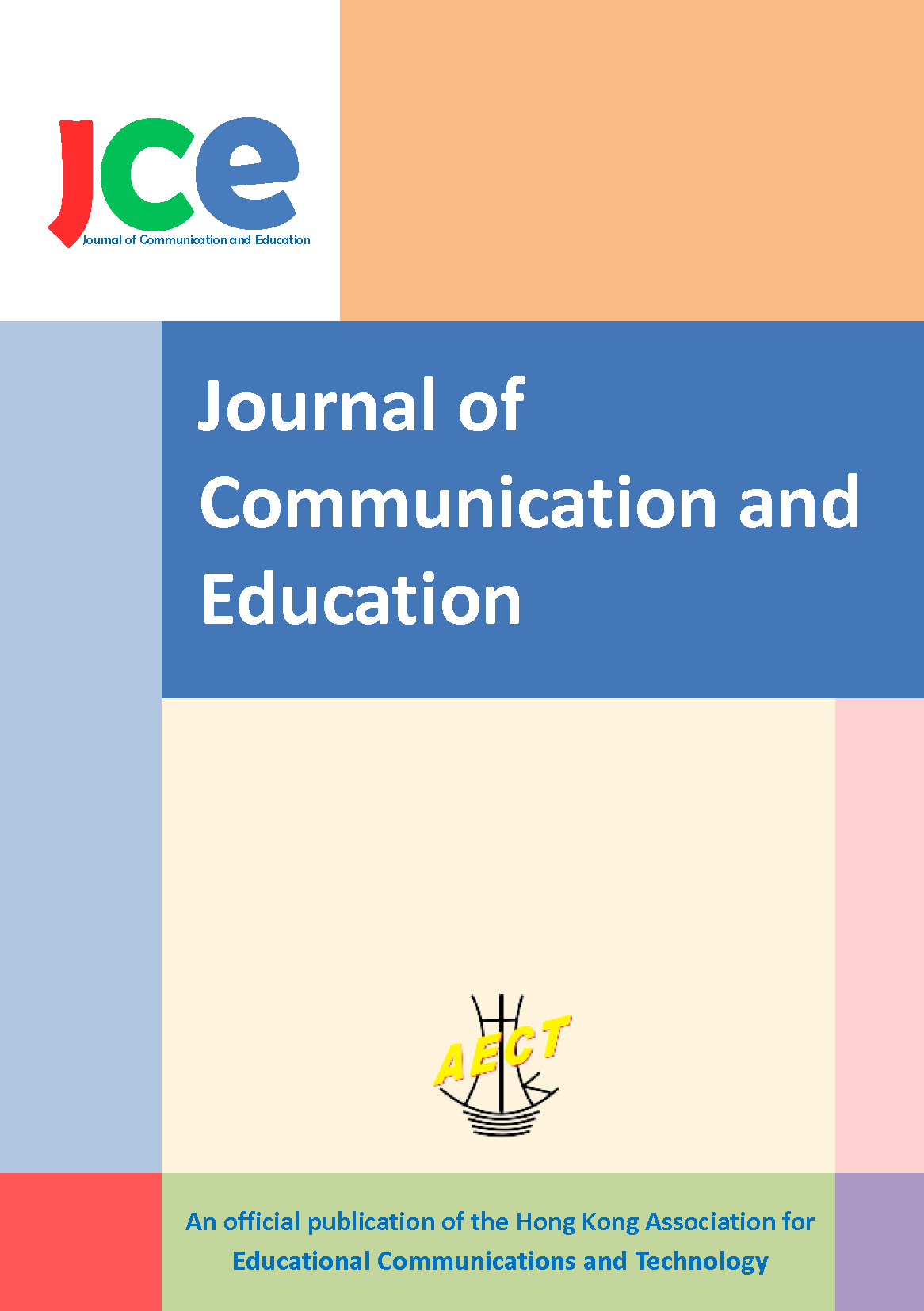This announcement serves to formally notify our community that The Journal of Communication and Education (ISSN 2311-5157) will be suspended, effective 1 January 2026.
After careful consideration of the editorial leadership, this difficult decision was made due to strategic realignment of publishing priorities.
The implications of this suspension are as follows:
New Submissions: The journal will cease accepting new manuscript submissions immediately.
Archieve Access: All previously published content will remain permanently accessible and preserved.
We extend our deepest gratitude to the countless authors who entrusted us with their work, the dedicated reviewers who upheld the standards of scholarship, our esteemed editorial board members for their guidance, and our readers for their engagement over the years.
It has been an honor to contribute to the field of communication and education.
Sincerely,
Professor Allan Yuen
Editor-in-Chief
Journal of Communication and Education
Date of Announcement: 30 December 2025

Aims and Scope
Journal of Communication and Education (JCE)
- A double blind peer reviewed international research journal
ISSN 2311-5157
Key title: Journal of communication and education
Abbreviated key title: J. commun. educ
The Journal of Communication and Education (JCE) is an international journal of the Hong Kong Association for Educational Communications and Technology (HKAECT) and publishes research papers in the fields of communication and education. Here communication is interpreted as the human communication process of making sense out of the world and sharing that sense with others through technical and non-technical means whereas education is understood in a broad sense as any form of teaching, learning and training occurs in a variety of contexts and environments. With the advent of information technologies, we have witnessed that these fields of knowledge have become enormously influential and have shaped a large portion of the world's progress. Against this backdrop, the journal publishes international issues such as ubiquity of the media and information technologies and the need to educate and advocate intelligent consumption. The journal invites rigorous scholarly work, including review articles and empirical studies using qualitative, quantitative or mixed research paradigm, that can make original contributions with impact on the scholarship of communication and education.
View My Stats - Started on 25th February 2014